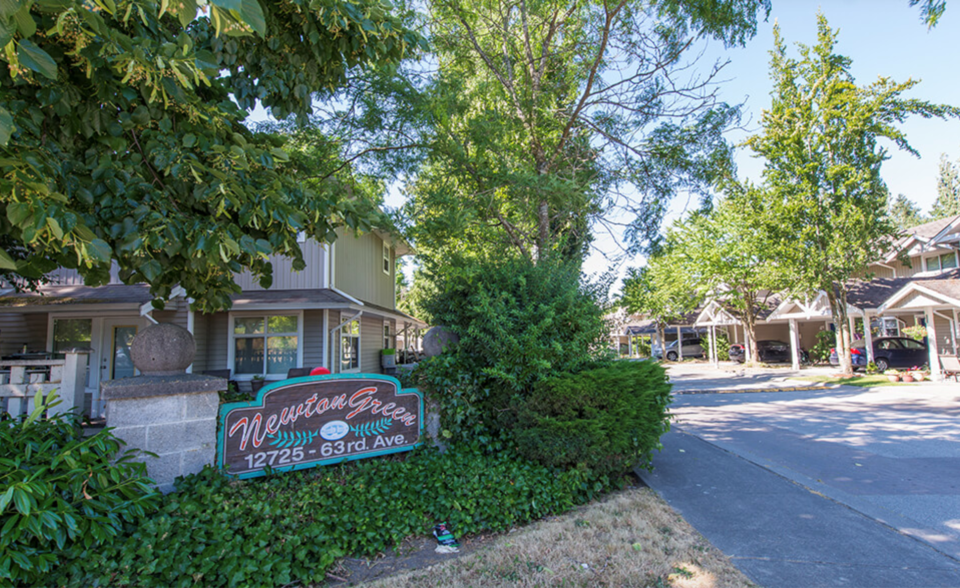A single mom evicted from a B.C. non-profit housing complex has had her eviction overturned after a judge said the Residential Tenancy Branch had relied on little evidence in their decision.
B.C. Supreme Court Justice Simon Coval described the branch’s decision to evict Shabana Ali from her Surrey, B.C., home as “flawed” and “patently unreasonable.”
According to the court’s Aug. 2 decision, Ali is an unemployed mom of two children, aged two and nine. She lives in a townhouse complex called Newton Green where she pays a subsidized rent of $536 per month to complex manager Entre Nous Femmes Housing Society — an organization overseen by Semiahmoo Peninsula Affordable Housing Society and sanctioned by BC Housing.
On June 8, 2022, the manager inspected Ali’s unit and claimed her nephew and his girlfriend were occupying a bedroom. The manager also claimed mail was addressed to the unit in the names of the alleged illegal occupants. On Aug. 26, 2022, the manager demanded proof within two weeks that the family members lived elsewhere, or Ali would be issued an eviction.
On Oct. 28, 2022, Ali responded with an explanation that the family members babysat and slept over on occasion. She also provided a tenancy agreement for their basement suite in Surrey, among other evidence that they lived elsewhere. Three days later, the complex manager, via the society, issued a one-month eviction notice.
Ali disputed her eviction to the branch. The housing society submitted evidence to the arbitrator in the form of mail in the family members’ names and anonymous complaints of illegal occupants (Ali claimed came from her ex-husband, who lived in another unit following their separation).
The arbitrator ruled Ali was not credible because her testimony was inconsistent, the judge said.
Even through Ali explained she was nervous and mixed up dates, her request to review the decision was dismissed.
Ali's application for a judicial review claimed the branch decision was “patently unreasonable” for failing to consider her evidence, including failing to account for the fact neither family member was living in her place at the time of eviction, and there was no evidence showing otherwise.
In agreeing with Ali's claim, the judge stated the housing society failed to satisfy conditions under the Residential Tenancy Agreement.
“There was no evidence of anyone seeing them in or around unit #4, let alone residing there, since that time. Some mail still arrived for them using that address, but that alone cannot support a finding that they actually still resided there after August 26, 2022, particularly given all the evidence to the contrary,” stated the judge.
Coval set aside the eviction decision and directed the branch to reconsider Ali’s application.
Glacier Media reached out to Entres Nous Femmes Housing Society but had not received a response by publication time.
Following publication on Aug. 8, BC Housing responded on Aug. 9 that it does not review tenancy disagreements that go to the branch:
"The Province, through BC Housing, is committed to ensuring vulnerable people have access to safe and affordable housing. While we cannot comment on this specific case or individual circumstances due to privacy concerns, applying to the Residential Tenancy Branch to end a tenancy at provincially subsidized buildings is always a last resort. BC Housing is not involved in the day-to-day operations of non-profit housing providers. Tenancy agreements are between a tenant and the landlord (non-profit); therefore, BC Housing does not review any applications to end a tenancy."



